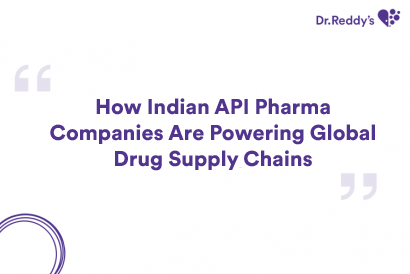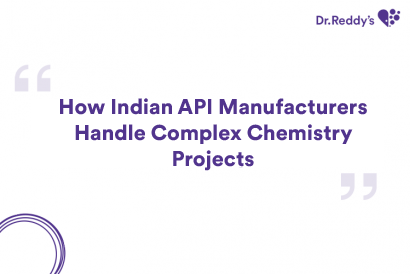Presence of Organic Impurities in active pharmaceutical ingredients: An Overview
Organic impurities in active pharmaceutical ingredients (APIs) are critical in pharmaceutical development and manufacturing. Organic impurities can arise from various sources, including raw materials, intermediates, and manufacturing processes. These impurities may include residual solvents, reagents, degradation products, or unwanted by-products. Regulatory authorities, such as the International Council for Harmonisation (ICH), provide guidelines to manage and control these impurities to ensure the safety and efficacy of pharmaceutical products.
1. Identification and Characterization:
Thorough identification and characterization of organic impurities are essential during the development and manufacturing. Advanced analytical techniques, such as chromatography and spectroscopy, are employed to identify and quantify impurities accurately.
2. Regulatory Guidelines:
Compliance with regulatory guidelines, particularly ICH guidelines like Q3A and Q3B, is crucial. These guidelines establish limits for specified and unspecified organic impurities, ensuring the levels are within acceptable safety margins.
3. Risk Assessment:
Conducting a risk assessment to identify potential impurities and their potential impact on product safety and efficacy is a fundamental step. This involves considering factors such as the toxicity of impurities, patient exposure, and the drug's intended use.
4. Residual Solvents:
Residual solvents used during synthesis or purification processes must be minimized and controlled. Gas chromatography is commonly employed to detect and quantify residual solvents, with limits defined by regulatory authorities.
5. Genotoxic Impurities:
Special attention is given to genotoxic impurities, which have the potential to cause DNA damage and increase the risk of cancer. Rigorous control measures ensure that genotoxic impurities are kept below permissible limits.
6. Stability Studies:
Stability studies are conducted to monitor the formation of impurities over time - helping assess the long-term impact of storage conditions on the quality and safety of the API.
7. Quality Control:
Robust quality control measures are implemented throughout the manufacturing process to minimize the introduction of impurities - monitoring raw materials, controlling reaction conditions, and employing effective purification methods.
8. Analytical Method Validation:
Analytical impurity detection and quantification methods must undergo validation to ensure accuracy, precision, and reliability. This is crucial for meeting regulatory requirements and ensuring the consistency of results.
9. Continuous Improvement:
Continuous improvement processes are integrated to refine manufacturing methods and reduce impurity levels over time, involving adopting new technologies and refining processes based on ongoing monitoring and evaluation.
Managing the presence of organic impurities in APIs is integral to ensuring the safety and efficacy of pharmaceutical products. A systematic and thorough approach, in accordance with regulatory guidelines, is essential throughout the development, manufacturing, and quality control processes.
Dr. Reddy's Laboratories, a leader in pharmaceutical development, demonstrates a robust approach to addressing organic impurities in APIs. Leveraging advanced analytical techniques, such as chromatography and spectroscopy, Dr. Reddy's API works meticulously to identify, characterize, and quantify organic impurities in APIs. The company strongly emphasizes compliance with international regulatory guidelines, including those set forth by the International Council for Harmonisation (ICH). Through rigorous risk assessments, Dr. Reddy's API identifies potential impurities, focuses on genotoxic, nitrosamines, and elemental impurities and implements stringent controls to ensure levels are within permissible limits.
The company employs cutting-edge technology to monitor and minimize residual solvents, conducts stability studies to assess long-term impact, and implements quality control measures at every stage of the manufacturing process. Dr. Reddy's commitment to continuous improvement ensures the refinement of manufacturing methods over time, underscoring their dedication to delivering pharmaceutical products that meet the highest safety and efficacy standards. Dr. Reddy's API exemplifies a comprehensive and meticulous approach to managing organic impurities in APIs, contributing to producing high-quality and compliant pharmaceuticals.
- Call us:
 +91 40 49002253
+91 40 49002253
Contact Us
次のフォームに記入してください。すぐにご連絡いたします.





